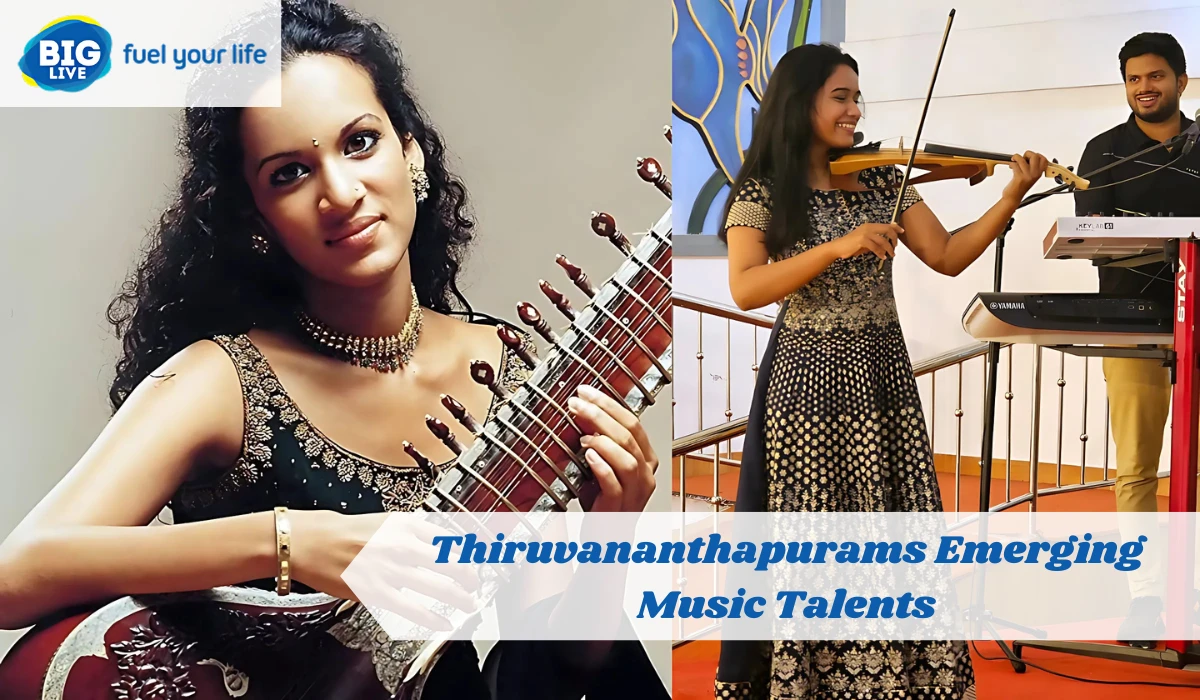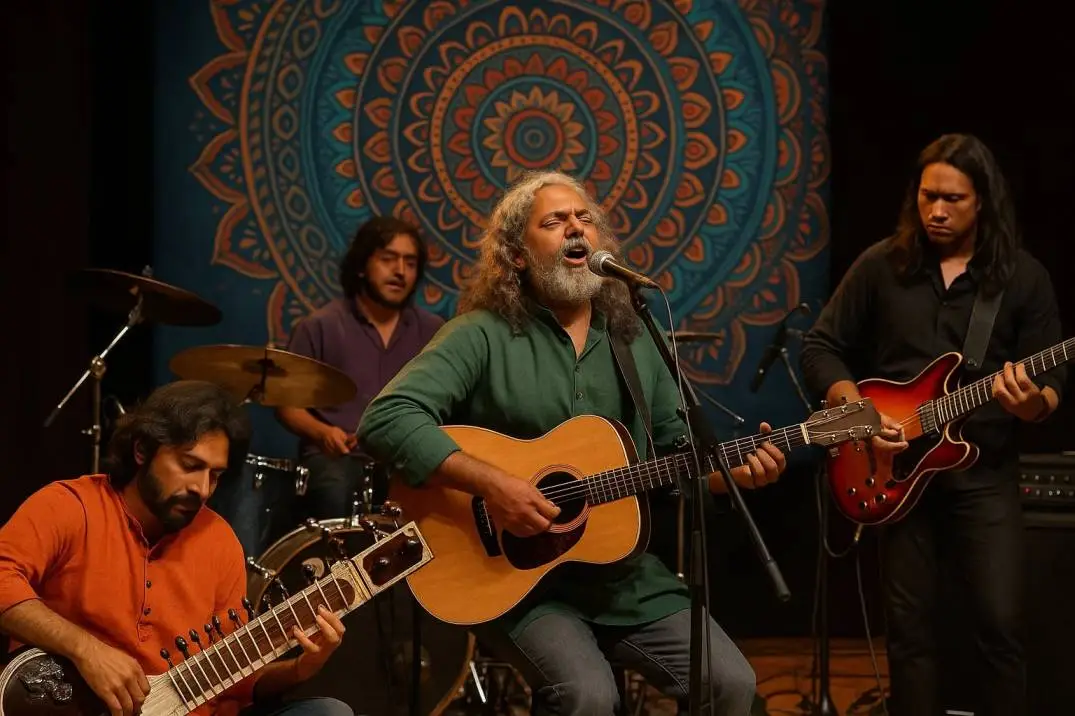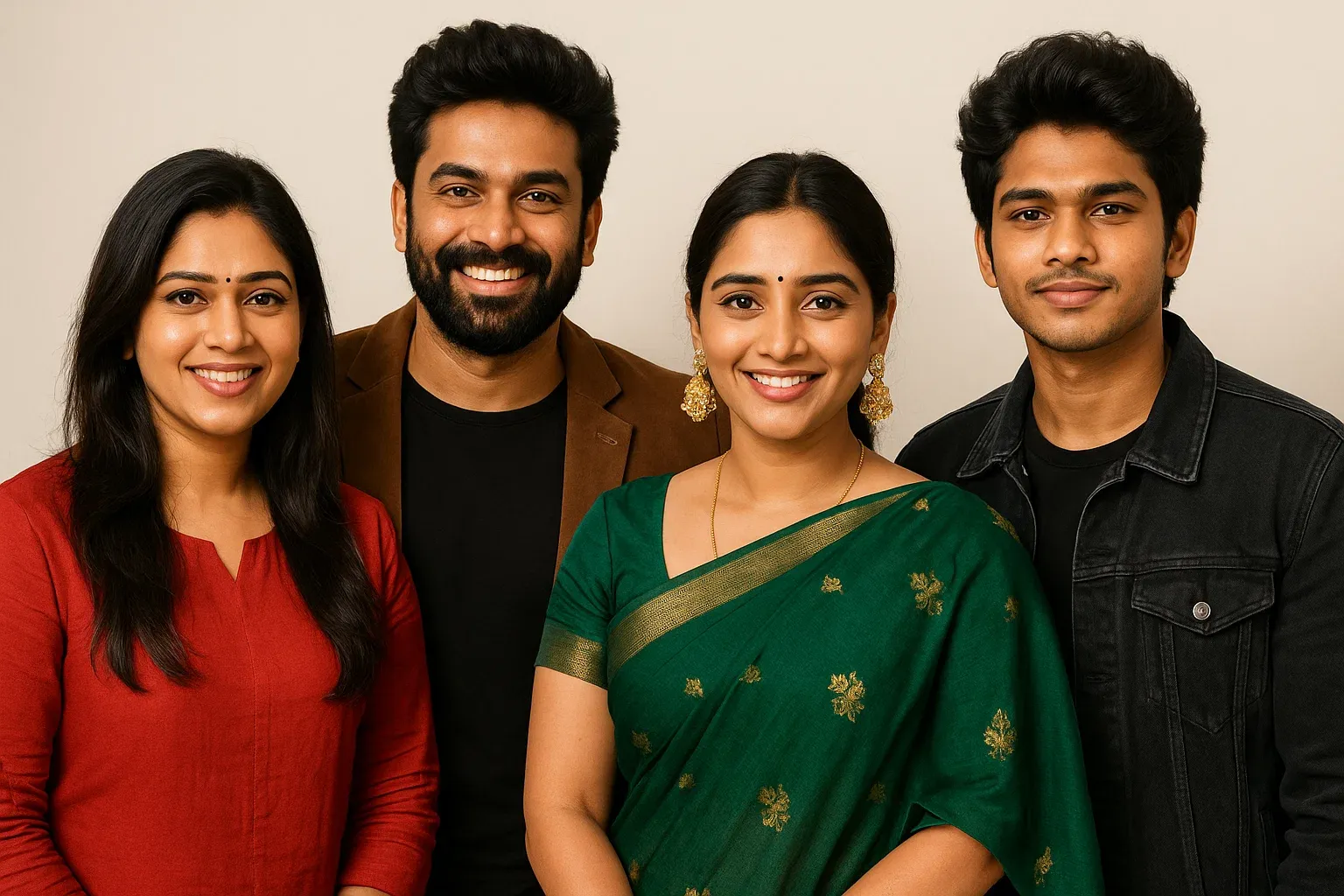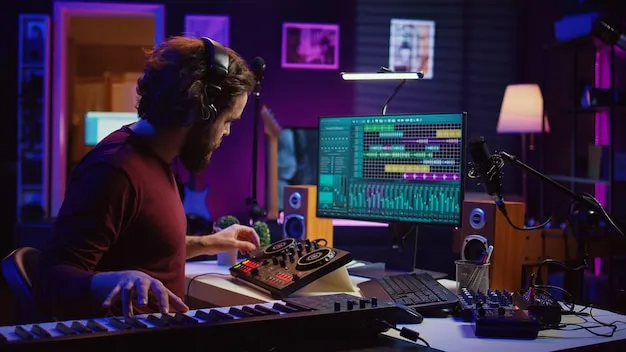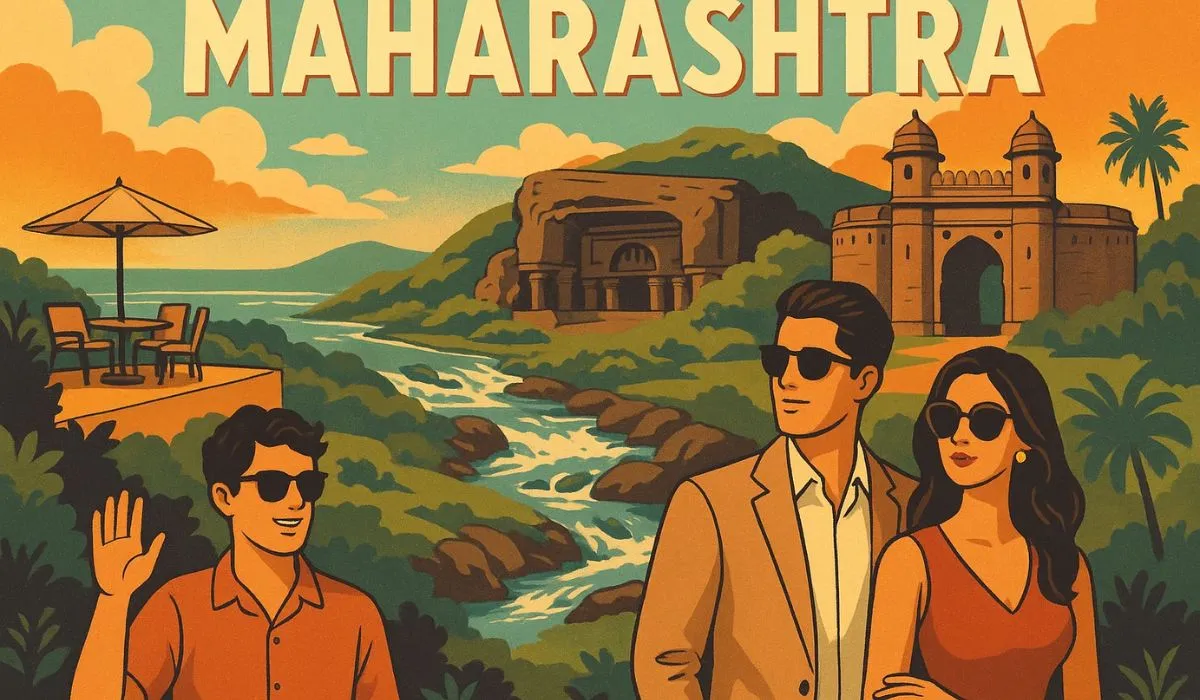You don’t usually think of music when you hear the word “Thiruvananthapuram.” Let’s be real. Most people think about politics, beaches, or that long name they can’t quite pronounce. But this quiet capital of Kerala is… well, making noise. And not the kind you expect. It’s not blaring speakers or big concerts. It’s softer, hidden stuff. A guitar riff behind a half-closed window. Someone humming on a terrace. Beats bouncing off tiled roofs. It’s music that doesn’t ask for attention. It just lives here. Grows quietly. Feels like home.
A Shift That No One Saw Coming
Used to be, if you said you wanted to sing in Thiruvananthapuram, folks would say, “Classical, right?” Or maybe playback? Because that’s what music looked like here. Old harmoniums. Long hours of practice. Kritis and ragas. Or you aimed for Mollywood.
But things started bending. Not breaking — just slowly shifting. Some kid posted a lo-fi Malayalam rap on Insta. Another sang folk tunes over electronic beats. And somehow, people liked it. Maybe they didn’t understand it fully, but they liked how it felt. And then more kids joined in. Some barely out of school. Some working jobs they hated during the day, writing lyrics on the back of receipts at night.
Read also: Reviving Sopana Sangeetham: Kerala’s Sacred Music Finds Its Voice Again
Recording Studios? No, Bedrooms.
Most of the new songs you hear? They weren’t made in studios. They came out of bedrooms. Tiny ones. With peeling paint, a leaky fan, and maybe a cousin yelling in the background. Take Akhil, for example. Nineteen. Lives in Sreekariyam. His first single? Recorded using a sock as a pop filter and a mic borrowed from a friend’s college project. The vocals weren’t perfect, but the words? They hit hard. About growing up without a father. About rain. About silence. His video? Shot on a phone taped to a water bottle. No filters. Just him, his song, and the street behind him. Still went semi-viral.
Lyrics That Actually Say Something
The thing with these musicians — they’re not trying to sound like someone else. They’re trying to sound like themselves. Which sounds obvious, but in music, that’s rare. Their songs are about small things. Quiet pain. First love. Identity crises. Losing your scooter key. Big things, too. Depression. Class. Religion. Growing up in a city that watches but doesn’t always clap. Meera V, a young singer from Pattom, once sang a verse in English and ended it in Malayalam mid-line. It didn’t rhyme. The grammar was off. But no one cared. Because it was hers. It was real.
Cafés, Corners, and Courtyards
So where do they perform? Not auditoriums, for sure. Sometimes it’s a café near Vellayambalam where the AC doesn’t work. Or a bookstore with a tiny stool and ten people sitting on the floor. Or somebody’s terrace with fairy lights and not enough chairs.
They sing anyway.
There’s this group called "Nada Niravu" — mostly college kids — who just show up with instruments wherever they can. Parks. Steps. Once even at a bus stop. They don’t charge. Don’t plan. They just play. Someone strums. Another joins. A beatboxer appears out of nowhere. And for a moment, the city hums along.
Fusion? That Happens Naturally Here
You won’t find genre purists here. Nobody’s worried if a song is “pop enough” or “authentic.” They mix what they want. A kid plays chenda with EDM beats. Someone throws in a Tamil verse just because it felt right. They don’t explain it. They don’t need to.
Thiruvananthapuram’s artists speak three languages without thinking. Their music does too. You’ll hear one line in Malayalam, one in Hindi, and the hook in English. Not because it’s trendy, but because that’s how they talk. It’s the sound of WhatsApp voice notes and rooftop chats.
Read also: Soundtracks of the Season: Upcoming Music Festivals in Maharashtra 2025
It's Not Easy, Though
Let’s not romanticize too much. There’s struggle. A lot of it. No big labels here. No talent agents. Most of these artists are still figuring it out. Some juggle part-time jobs. Others hide their music from parents. Equipment is expensive. Rent is real.
Girls face even more barriers. Not just “Can you sing?” but “Should you sing?” Even showing up at jam sessions becomes a fight. Yet they keep going. One girl, Fathima, made a song using only her voice and a steel plate. It was about fear. She uploaded it at 2 AM. It got 5000 plays in a week. No promo. Just truth.
Not About Going Viral
Here’s the thing — most of them don’t care about fame. They care about that one DM that says, “Hey, your song got me through a rough day.” Or when their brother, who usually mocks them, suddenly shares their track on his WhatsApp status. That’s the win. Sure, some dream of big crowds and big stages. But most? They just want to make something that feels like them. Something that speaks, even if only ten people are listening.
And Sometimes, That’s Enough
Because maybe the best music doesn’t come from polished stages or glossy videos. Maybe it comes from shared earphones on a bus ride. From cracked voices singing under rain-damp roofs. From one person saying, “I wrote this because I didn’t know what else to do.” That’s what’s happening in Thiruvananthapuram. Not a scene. Not a trend. Just a heartbeat. Rough. Honest. Alive.
No Endings. Just Echoes.
So yeah, Thiruvananthapuram might still be known for its temples and politics. But in between all that? There’s sound. Sound from inside cracked windows and half-open notebooks. Sound that doesn't care about pitch but burns with purpose. If you walk these roads — not the tourist ones, but the real ones — you’ll hear it.
- That faint guitar string from the next lane.
- That girl humming to herself on a scooter.
- That boy tapping a beat on his school bag.
- It’s not just background noise anymore.
- It’s the city. Singing.



